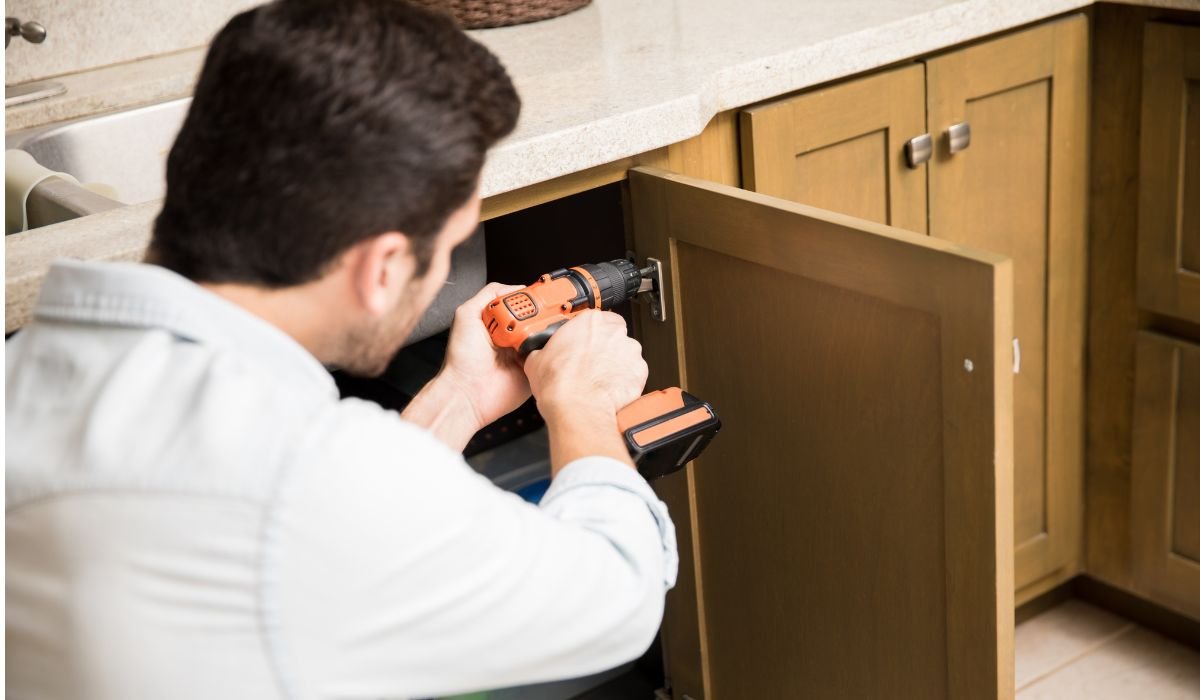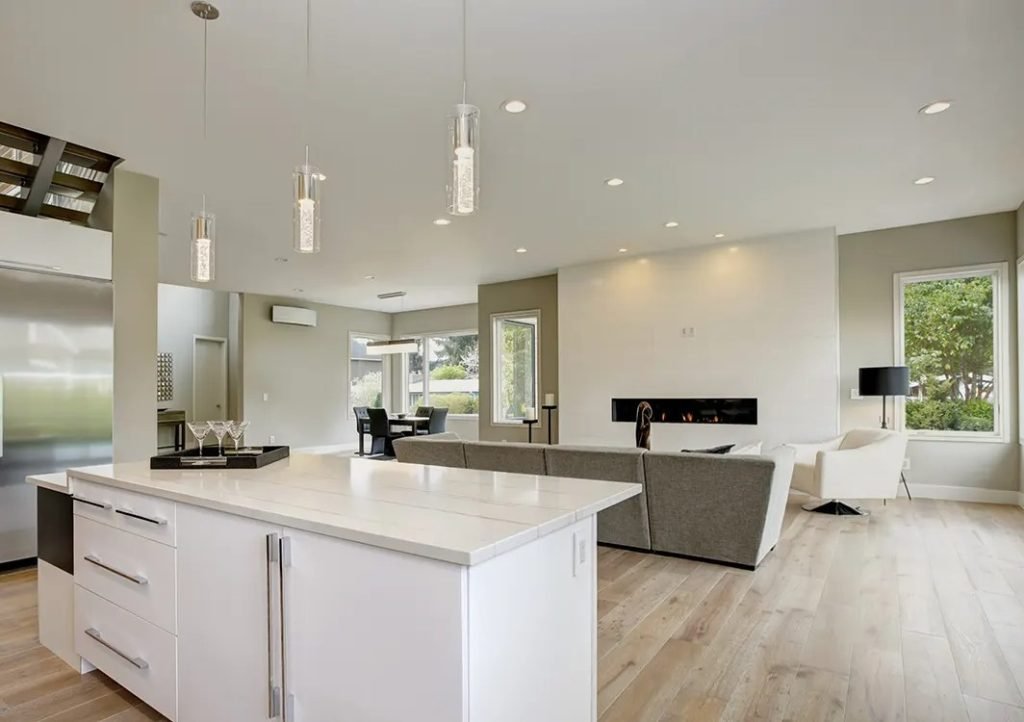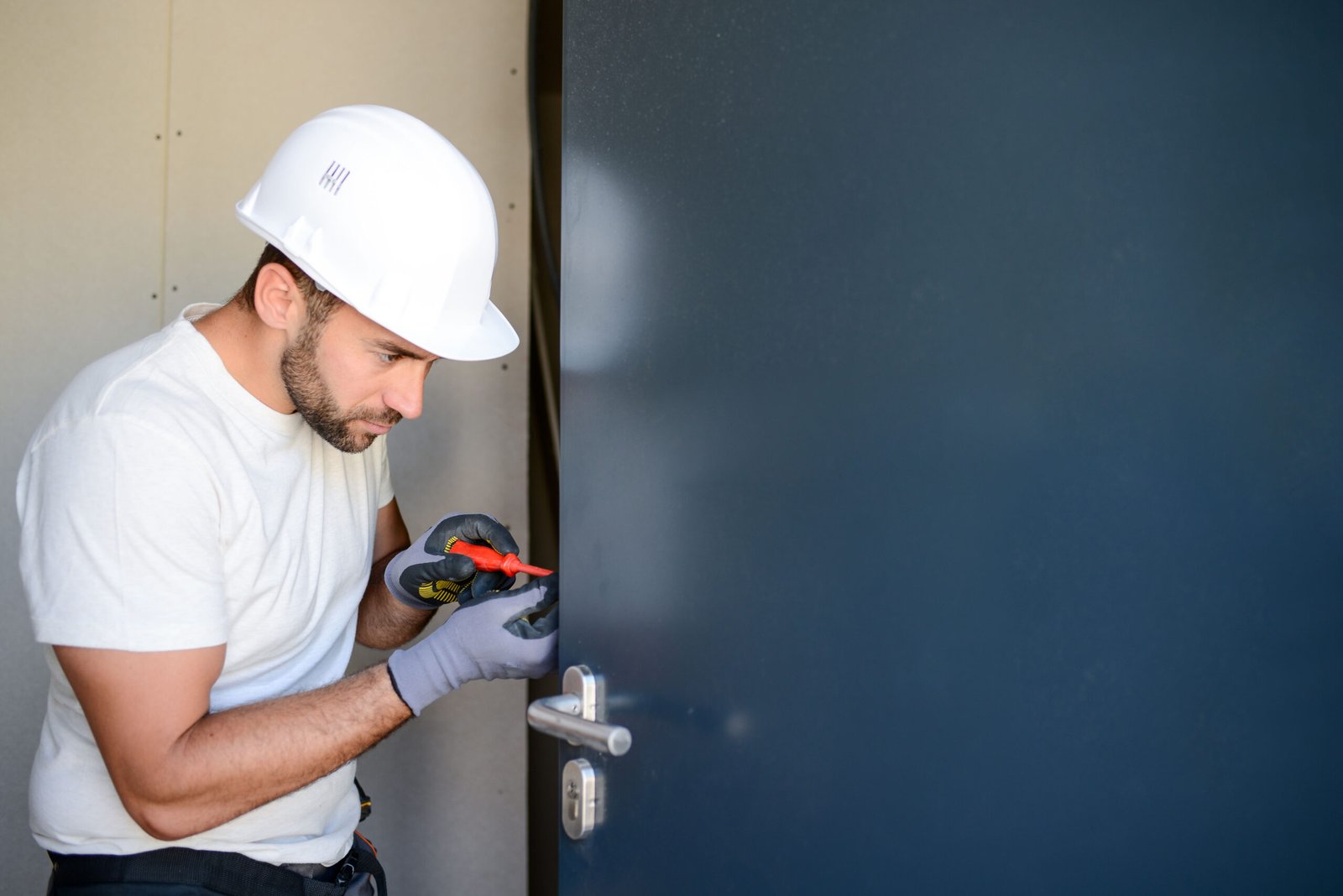When it comes to improving energy efficiency in your home or office, the right window treatments can make a significant difference. Among the most popular options are roller shades and plantation shutters, each offering distinct benefits for insulation, light control, and overall energy savings. But how do these two options stack up against each other?
Understanding Energy Efficiency in Window Treatments
Energy efficiency in window treatments refers to their ability to reduce heat transfer through windows. Effective window coverings can minimize energy loss during winter and heat gain during summer, reducing your reliance on heating and cooling systems. This not only cuts energy bills but also contributes to a greener environment.
Both roller shades and plantation shutters are celebrated for their insulating properties, but their performance depends on factors such as material, design, and installation.
What Are Roller Shades?
Roller shades are sleek, fabric-based window coverings that roll up neatly into a tube when not in use. Available in various materials, they can be customized for light filtering, blackout, or solar protection purposes.
Thermal Efficiency of Roller Shades
Roller shades are designed to reduce heat gain and glare while maintaining an aesthetic appeal. Thermal roller shades with insulating linings or reflective coatings can block out sunlight effectively, keeping interiors cooler during summer.
- Advantages:
- Lightweight and Versatile: Suitable for modern décors, roller shades come in a variety of patterns and finishes.
- Solar Heat Control: Reflective shades can prevent solar heat from penetrating windows.
- Affordability: Roller shades tend to be a more budget-friendly option.
- Challenges:
- Limited Insulation in Winter: Without thermal linings, roller shades may provide less insulation in colder months.
- Material Durability: Fabric may degrade in humid or high-use areas.
What Are Plantation Shutters?
Plantation shutters are sturdy, louvered window coverings made from wood, composite, or vinyl. They are fixed to window frames and can be adjusted to control light and airflow. Are Plantation Shutters a Smart Investment? Many homeowners believe so, given their durability, aesthetic appeal, and energy efficiency.
Insulating Properties of Plantation Shutters
Plantation shutters are highly effective at creating a barrier against external temperatures. The adjustable louvers allow for precise control over light and airflow, enhancing energy efficiency year-round.
- Advantages:
- Superior Insulation: Thick materials and snug fit reduce heat loss in winter and heat gain in summer.
- Durability: Plantation shutters are long-lasting and resistant to wear.
- Aesthetic Appeal: Their classic design complements traditional and modern interiors alike.
- Challenges:
- Higher Cost: Plantation shutters are an investment, often costing more upfront than roller shades.
- Installation Requirements: Proper installation is crucial for optimal energy efficiency.
Comparing Energy Efficiency: Roller Shades vs. Plantation Shutters
Summer Performance
Plantation shutters excel in blocking heat due to their thick materials and tight fit. Roller shades, especially reflective or solar shades, are also effective in reducing heat gain but may fall short compared to shutters in extreme climates. For a deeper dive into the best options for such conditions, check out the Top Window Treatments for Extreme Climates to make an informed choice.
Winter Performance
Shutters outshine roller shades in retaining indoor warmth, thanks to their insulating properties and ability to seal off drafts. While thermal roller shades can help, their performance depends heavily on the quality of the fabric and lining.
Overall Energy Savings
If energy efficiency is your primary goal, plantation shutters generally offer better insulation year-round. However, roller shades with the right thermal features can be a cost-effective alternative for moderate climates.
Practical Considerations
Cost Analysis
- Roller Shades: More affordable initially, with customization options available for enhanced energy efficiency.
- Plantation Shutters: Higher upfront cost but greater long-term energy savings and durability.
For homeowners seeking optimal functionality, addressing common issues like light leakage can make a big difference. Learn more about Fixing Light Gaps in Window Treatments to maximize the efficiency of your shades or shutters.
Maintenance
- Roller shades require gentle cleaning to maintain their appearance, while plantation shutters can be wiped down for easy maintenance.
Design Flexibility
- Roller shades provide a modern, minimalistic look, ideal for contemporary spaces.
- Plantation shutters offer a timeless aesthetic that adds value to your home.
Making the Right Choice
When to Choose Roller Shades:
- You’re on a budget and need a cost-effective energy-saving solution.
- You prefer a lightweight, versatile option that fits seamlessly into modern interiors.
When to Choose Plantation Shutters:
- You prioritize maximum insulation and long-term energy savings.
- You want a durable, high-quality option that enhances property value.
For more insights into how these window treatments can enhance your home’s appeal and marketability, check out Boosting Resale Value with Plantation Shutters and Roller Shades.
Conclusion
In the battle of roller shades vs. plantation shutters, the choice ultimately depends on your priorities and budget. Plantation shutters are the superior option for all-season insulation and long-term energy efficiency, while roller shades provide a stylish and affordable alternative for moderate climates.











